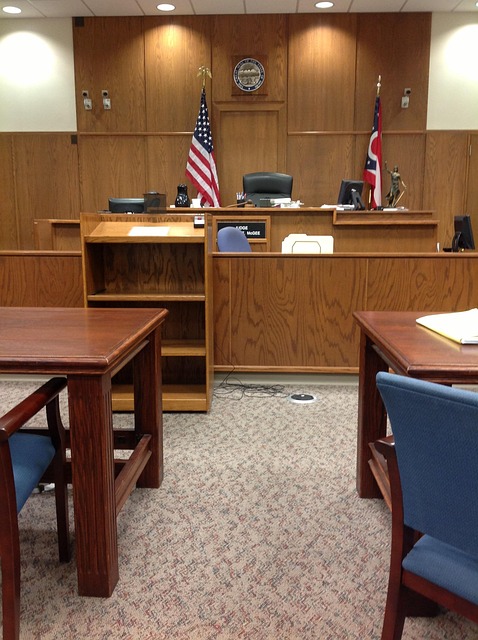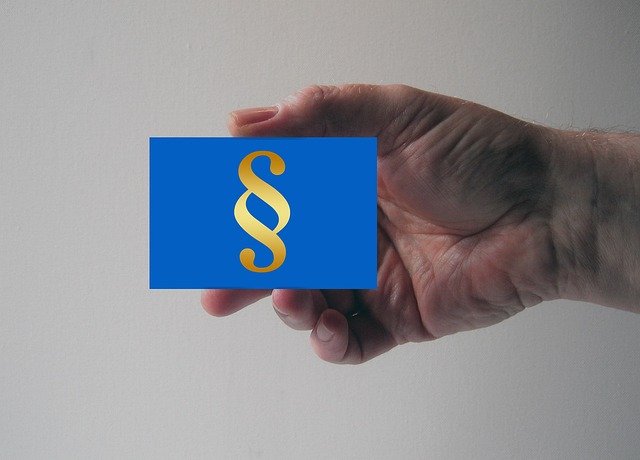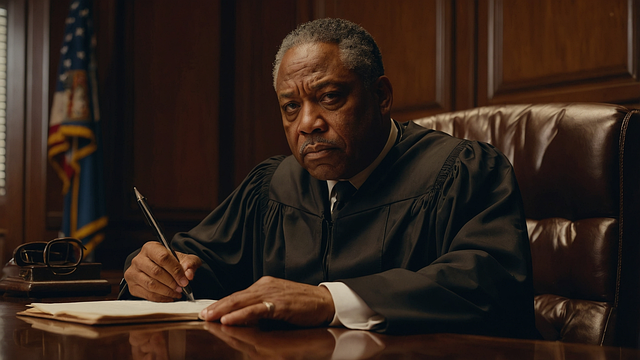Trademark infringement, a global legal concern, occurs when entities use another's trademark without authorization, leading to consumer confusion. Laws vary by region but aim to protect brand integrity and foster fair competition. Victims face severe repercussions, including financial losses, reputational damage, and goodwill erosion. Remedies range from injunctive relief to counterfeit goods seizure. Businesses must proactively implement strategic measures from product development stages, conduct regular brand monitoring, and advocate for stringent intellectual property laws to mitigate the Legal Consequences of Trademark Infringement and protect their valuable brand identities.
“Uncover the intricate world of RF Finance Law Firms and their pivotal role in addressing the complex issue of trademark infringement. This article navigates the legal landscape, offering a comprehensive guide on Understanding Trademark Infringement, its Navigational Legal Consequences, and essential Best Practices for Businesses to mitigate risks. Delve into the rights and remedies available to victims, ensuring your intellectual property is protected against infringement’s far-reaching impacts.”
- Understanding Trademark Infringement: The Legal Framework
- Navigating the Legal Consequences: Rights and Remedies for Victims
- Best Practices for Businesses: Preventing and Mitigating Infringement Risks
Understanding Trademark Infringement: The Legal Framework
Trademark infringement is a complex legal issue that can have severe consequences for businesses. It occurs when an entity uses a trademark owned by another company or individual without authorization, leading to potential confusion among consumers regarding the source of goods or services. The legal framework surrounding this matter is designed to protect brand integrity and promote fair competition in the marketplace.
In many jurisdictions, trademark laws are stringent, especially in high-stakes cases involving prominent brands. The Legal Consequences of Trademark Infringement can range from monetary damages to injunctions against the infringing party. Corporate and individual clients alike must be vigilant to safeguard their trademarks, as violation may result in not only financial losses but also reputational harm. This is particularly crucial for established brands, as a single instance of infringement can disrupt their market position and impact their overall success.
Navigating the Legal Consequences: Rights and Remedies for Victims
When a company or individual infringes on a trademark, it’s crucial to understand the legal consequences and rights available to victims. Trademark protection is vital for businesses to safeguard their brand identity and market position. The Legal Consequences of Trademark Infringement can be severe, as it involves not only financial losses but also potential damage to a respective business’s reputation and goodwill.
Victims of trademark infringement have several remedies at their disposal. These may include seeking injunctive relief to stop the infringing activity, monetary damages to compensate for lost sales or profits, and in some cases, even the seizure and destruction of counterfeit goods. Achieving extraordinary results in these matters often requires a strategic approach, thorough documentation, and a deep understanding of intellectual property laws by experienced legal professionals dedicated to protecting their clients’ interests.
Best Practices for Businesses: Preventing and Mitigating Infringement Risks
To prevent and mitigate infringement risks, businesses should adopt robust best practices from the outset. This includes conducting thorough trademark research before launching a product or service to ensure no existing rights are infringed upon. Once established, regularly monitoring brand usage is crucial—especially within the respective business environment—to identify potential infringers early on.
Proactive measures such as implementing clear branding guidelines and training employees about trademark protection can significantly reduce risks. Additionally, developing a comprehensive intellectual property (IP) strategy that aligns with the company’s goals and values fosters a culture of respect for IP rights. Engaging with the philanthropic and political communities to advocate for stronger IP laws and enforcement can also contribute to a more robust legal framework, protecting businesses from potential infringements and mitigating legal consequences associated with trademark infringement.
Trademark infringement is a complex issue with significant legal consequences, as outlined in this article. Understanding the framework of trademark law, its rights and remedies, and best practices for prevention are essential tools for businesses to protect their brand identity and avoid costly disputes. By staying informed and implementing proactive strategies, companies can effectively navigate the challenges posed by trademark infringement, ensuring their brand’s integrity and value in today’s competitive market.






